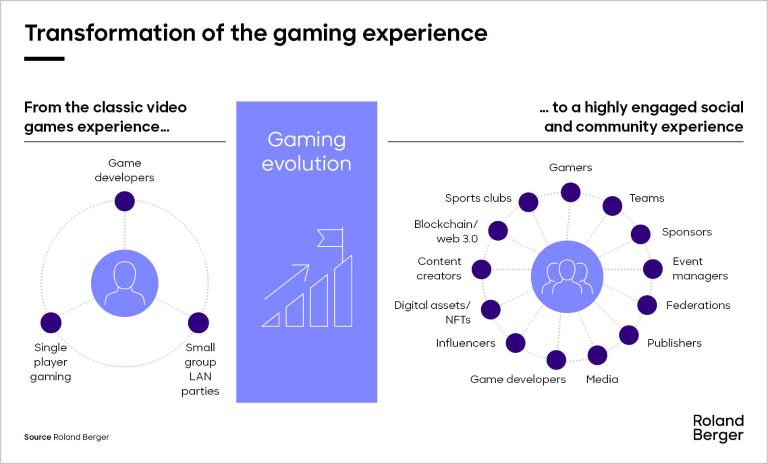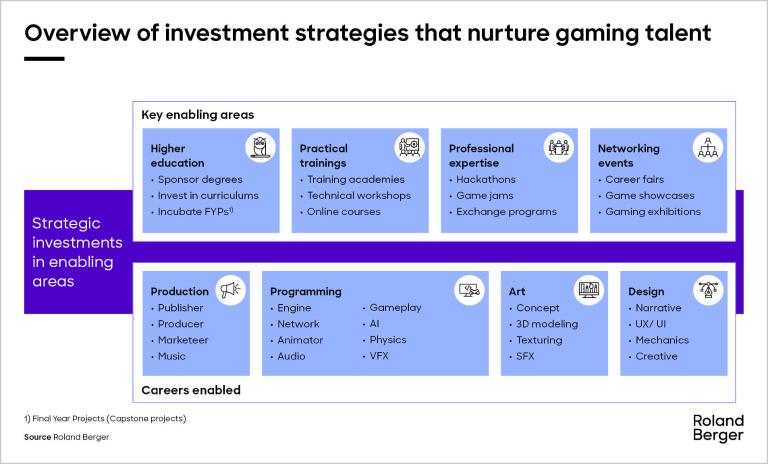Setting the record straight: What is gaming and why is it borderline the rocket science of tech?
Recent success stories, fueled by media hype and bold marketing, often lead to misleading guidelines on what defines successful blueprints for ventures. In certain cases, it can also influence investments and market-building efforts towards unfit decisions.
A prime example is the boom of esports, where investors flocked to establish franchises, sign talent, and onboard sponsors, only to realize down the line that esports has limited monetization means and high costs when operated at scale. Another example is publishers attempting to position their IPs as "Experiential Super-apps" where gaming is provided as a live service with features that push monetization and engagement.
Essentially, gaming ventures possess a DNA comprised of three key parameters: Technology, Art, and Entertainment, with each IP leaning more heavily on a particular parameter based on the use case.
Large-scale gaming projects are particularly challenging due to the need for expertise in the required tech stack. Each project component carries its own know-how implications, highlighting the talent issue and skill ceiling within the industry. Developers frequently specialize in specific areas, such as engine development, level design, or character animation.
Additionally, there are instances where talent from other disciplines needs to be sourced to meet specific project requirements. For example, literature majors may be needed for scriptwriting, audio engineers for sound effects, or architects for map and level design.
This multidisciplinary nature shows that specialization is important to meet know-how demands, and that the playing field is immense when defining the borders of what counts as a gaming venture.
![{[downloads[language].preview]}](https://www.rolandberger.com/publications/publication_image/Roland_Berger_INS_1055_Gaming_CoverImage_download_preview.jpg)






_tile_teaser_h314x380.jpg)

